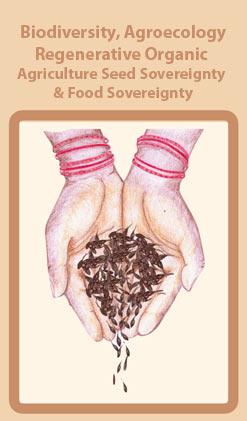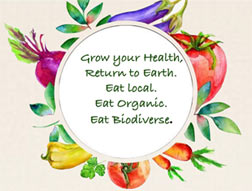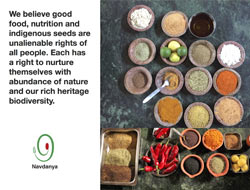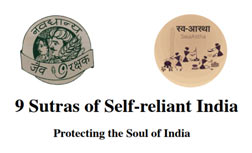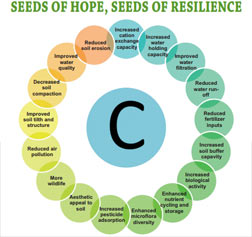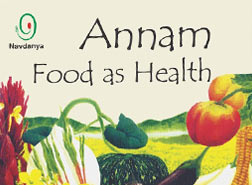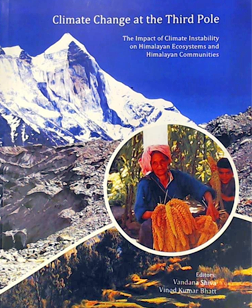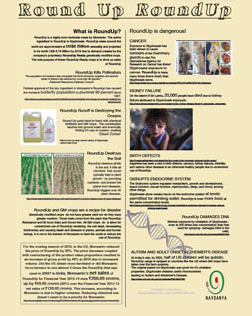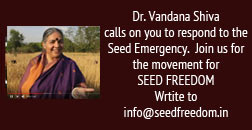Gandhi-Howard Soil Pledge
Taken at Indore College of Agriculture, Indore India on 4th Oct , 2015,
On the occasion of the Sir Albert Howard Memorial Conference Soil Pilgrimage , in the Year of Soil,2015
"To forget how to dig the earth and tend the soil is to forget ourselves." - Gandhi
We have gathered at Indore College of Agriculture to remember Sir Albert Howard and to celebrate the year of Soil, 2015.
To dedicate ourselves and our communities for a transition from a violent chemical industrial agriculture that is destroying soil fertility, and trapping farmers in debt for high cost seeds and chemicals.
We pledge to build a global movement to make peace with the soil, on which rests the future of humanity.
As the ancient Vedas recognized 4000 years ago,
“Upon this handful of soil our survival depends. Care for it, and it will grow our food, our fuel, our shelter and surround us with beauty. Abuse it, and the soil will collapse and die, taking humanity with it.”
In living soil lies the prosperity and security of civilization. In the death of soil is the death of civilization.
Our future is inseparable from future of the Earth. It is no accident that the word human has its roots in humus, soil in Latin, and Adam the first human in Abrahamanic traditions is derived from Adamus, soil in Hebrew.
We forget that we are Soil.
In taking care of the soil, we reclaim our humanity.
Ecological regenerative agriculture is based on recycling organic matter, and hence recycling nutrients. It is based on the Law of Return and on giving nutrients back to the soil, not simply taking nutrition out of it. Taking without giving is a robbery of the soil and a banditry; ‘a particularly mean form of banditry, because it involves the robbing of future generations which are not here to defend themselves.’Howard, Albert. The Soil and Health, 1st Ed. New York: Devin-Adair, 1956 p. 63
In taking care of the soil we also produce more food on less land. Fertile soils are the sustainable answer to food and nutrition security.
Soils rich in living organic carbon and humus are also the most effective solution for mitigation and adaptation to climate change. A fossil fuel driven economy, including industrial agriculture, has increased the concentration of carbon dioxide in the atmosphere to levels which are triggering climate instability and climate chaos.
We need to reduce emissions, and reduce carbon stocks in the atmosphere. Organic farming offers an ecological process to take excess carbon from the air, where it does not belong, and put it in the soil, where it belongs.
Soils rich in Organic matter also hold more water, reducing the demands for irrigation, and increasing draught insurance and climate resilience.
We pledge to take care of the planet and the human community by taking care of the soil.
We commit ourselves to breaking out of the vicious cycle of violence and degeneration, and creating a virtuous cycles based on non violence and regeneration.
© 2016 Navdanya. All rights reserved. Design Inn Info Solution


